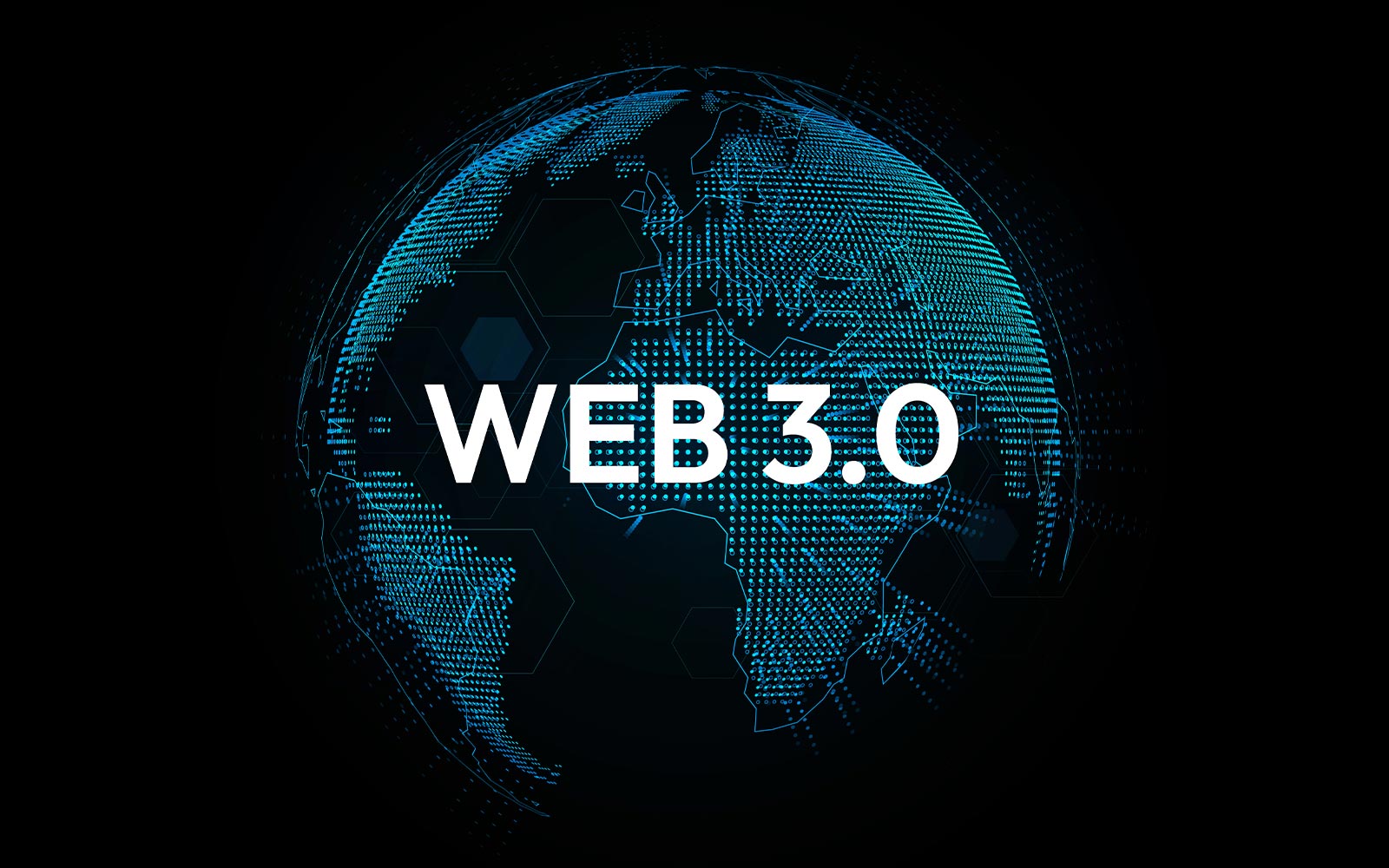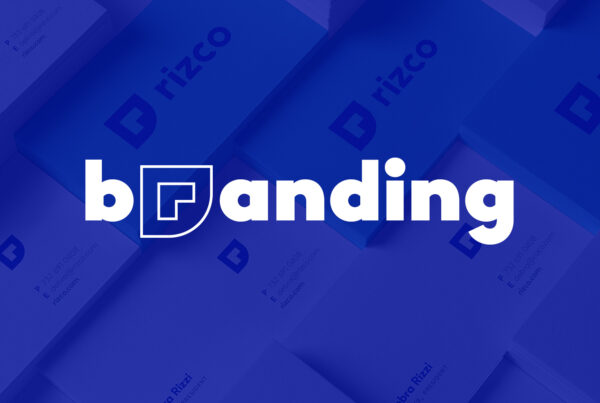
The internet is always updating to better our user experience and consequently adjust to the ever-changing real world.
In the past couple of years, you’ve probably heard about Web 3.0, or what is being thought of as the next evolution of the internet. Yet, you may wonder how this new age will affect businesses and what steps you can take to position your business for success in the dawn of Web 3.0. So, today we’re explaining what exactly we’re referring to when we talk about Web 3.0 and what it means for businesses.
OK, But What Is Web 3.0?
The evolution of the internet can be split into three portions: Web 1.0, Web 2.0, and now Web 3.0. Web 1.0 is widely considered the origination of the “World Wide Web,” primarily consisting of read-only content. AOL, Internet Explorer, and the early Yahoo and Google platforms were all big players during this time. While everyone can agree that sending your first email felt akin to having the world at your fingertips, we had no idea the true capabilities of the internet and where it could take us.
Web 2.0 was the introduction of social media and participatory applications. Google continued to grow and broaden its horizons by introducing Chrome, Mail, and Drive, just to name a few. We also saw social media companies like Facebook, Twitter, Instagram, and YouTube rise in popularity for offering the ability to produce more engaging assets through content like videos and images and comment sections where users could interact.
Web 3.0 is the next generation in this journey and focuses on the concepts of personalization, user rights, and new technologies. At its root, Web 3.0 will be a more decentralized version of the internet where users have control over their internet privacy and presence. It also carries the vision of more applications that use artificial intelligence (AI), language processing, and machine and human connections. A final component of Web 3.0 is the elusive “metaverse,” which we will also dive into.
While Web 3.0 is still considered “a work in progress,” some technology is already out there. For example, Siri and Amazon Alexa are machines that utilize AI and language processing to understand human requests and gather data, both of which have been on the market since the early 2010s. However, the wide use of these technologies is already predicted to grow in the next few years. According to Intelagain Technologies, it is estimated that by 2025, 50% of all web traffic will be generated by AI or machine learning devices.
How Will Web 3.0 Affect Businesses?
Much like how Web 1.0 pushed many businesses to develop websites and Web 2.0 further incited them to create social media business pages, the role of Web 3.0 in the business realm will be inevitable. Since the concept behind Web 3.0, as we discussed before, is this notion of a more personalized user experience, businesses can learn to understand their customers and provide tailored service offerings and products that fit their needs.
Web 3.0 will also allow businesses to create a more personalized customer service experience while still unburdening the business owner. This is one thing we’ve already started to see in the form of chatbots that can hold conversations with customers until an employee can assist them. This allows the customer to feel like their needs are being taken care of immediately without employees having to juggle multiple tasks at once on the other end of the computer.
Preparing for Web 3.0 Marketing
While much of how Web 3.0 will affect businesses and marketing is still left to be discovered, some aspects are sure to affect marketing possibly sooner rather than later.
Blockchain Technology
Blockchain technology is a feature that allows for more secure transactions. It is a digital database that stores information and is distributed among computer network nodes. Currently, blockchains play an important role in cryptocurrency systems for storing data securely and in a decentralized way. However, they’ve also emerged in the telemedicine world to store patient data securely, and many companies enjoy the safety and privacy they offer. Investopedia’s article about blockchains states, “the innovation with a blockchain is that it guarantees the fidelity and security of a record of data and generates trust without the need for a trusted third party.”
Depending on your industry, blockchain technology could very well be the next phase of conducting highly-secure transactions more directly with customers or storing and distributing data that cannot be edited.
Marketing in the Metaverse
The metaverse is a broader term used to describe the potential virtual reality (VR) world that some companies are working on technologies to help build. Meta (the platform formerly known as Facebook) and Roblox are two companies that are said to be working on VR games and applications that will exist in the metaverse. There is still a lot of unknown at this stage since no company has yet to unveil its metaverse platform; therefore, what this new frontier could look like is mostly up for speculation. Yet, it’s clear that when the metaverse does become a reality, marketing in the metaverse will also come to fruition. Therefore, business owners should remain up-to-date on the latest technologies and trends to better assess how their business will fit into the metaverse when the time comes.
Privacy and Personalization
While many platforms do already offer their users a personalized experience in some ways, these customizations come at a cost. In recent years, companies like Facebook, Ancestry.com, Twitter, and more have come under fire for selling or holding user data. One of the dreams behind Web 3.0 is to protect user data but also to give them more control. Instead of tech companies taking from users, Web 3.0 aims to put the power back into the hands of the people by granting them ownership over the platforms and technologies they utilize daily.
If you’re still confused, think of it this way: instead of paying a streaming service monthly to watch movies and TV shows, what if your subscription fee gave you ownership rights to that streaming service? What if you chose what data to hand over if any? While that may still feel hard to comprehend since no company currently offers that, the concept is simple. A hope for Web 3.0 is the decentralization of the internet as we know it. Therefore, business marketing will undoubtedly have to adapt to fit this mold.
As we’ve learned, Web 3.0 is still a concept that is on the horizon. However, if we know one thing about what’s to come, it’s that understanding that your customers will be more crucial than ever, and personalization and customization will be key. Make sure your business is positioned for success in the dawn of this new era by enlisting the help of a skilled marketing team like Rizco to complete a detailed and comprehensive brand audit. Brand audits are an excellent way to become better acquainted with your customers to build and improve upon your marketing strategies and prepare for the future. Contact us to learn more!
Follow Rizco on Facebook, Instagram, LinkedIn, or Twitter for the latest industry news and updates!


